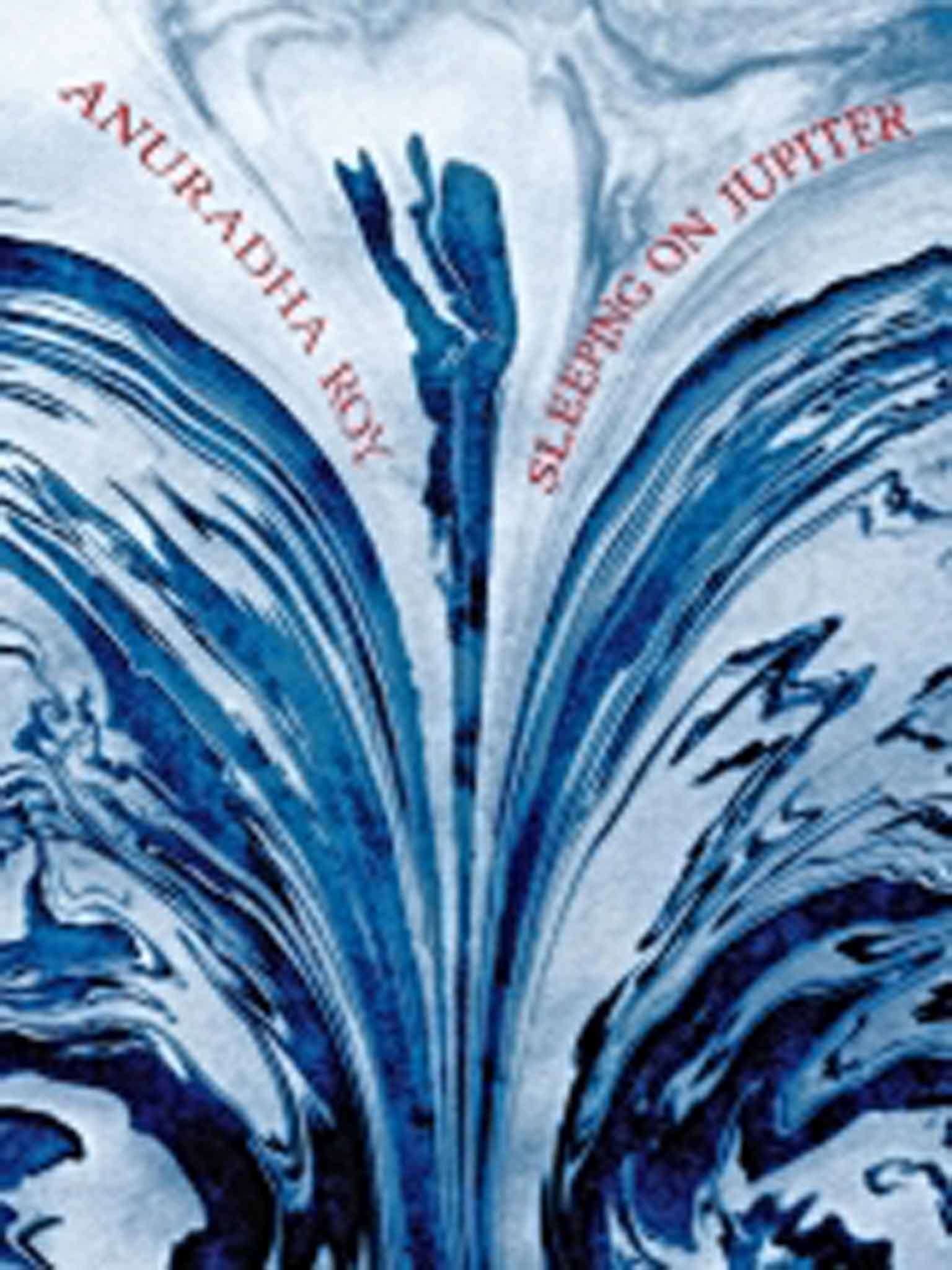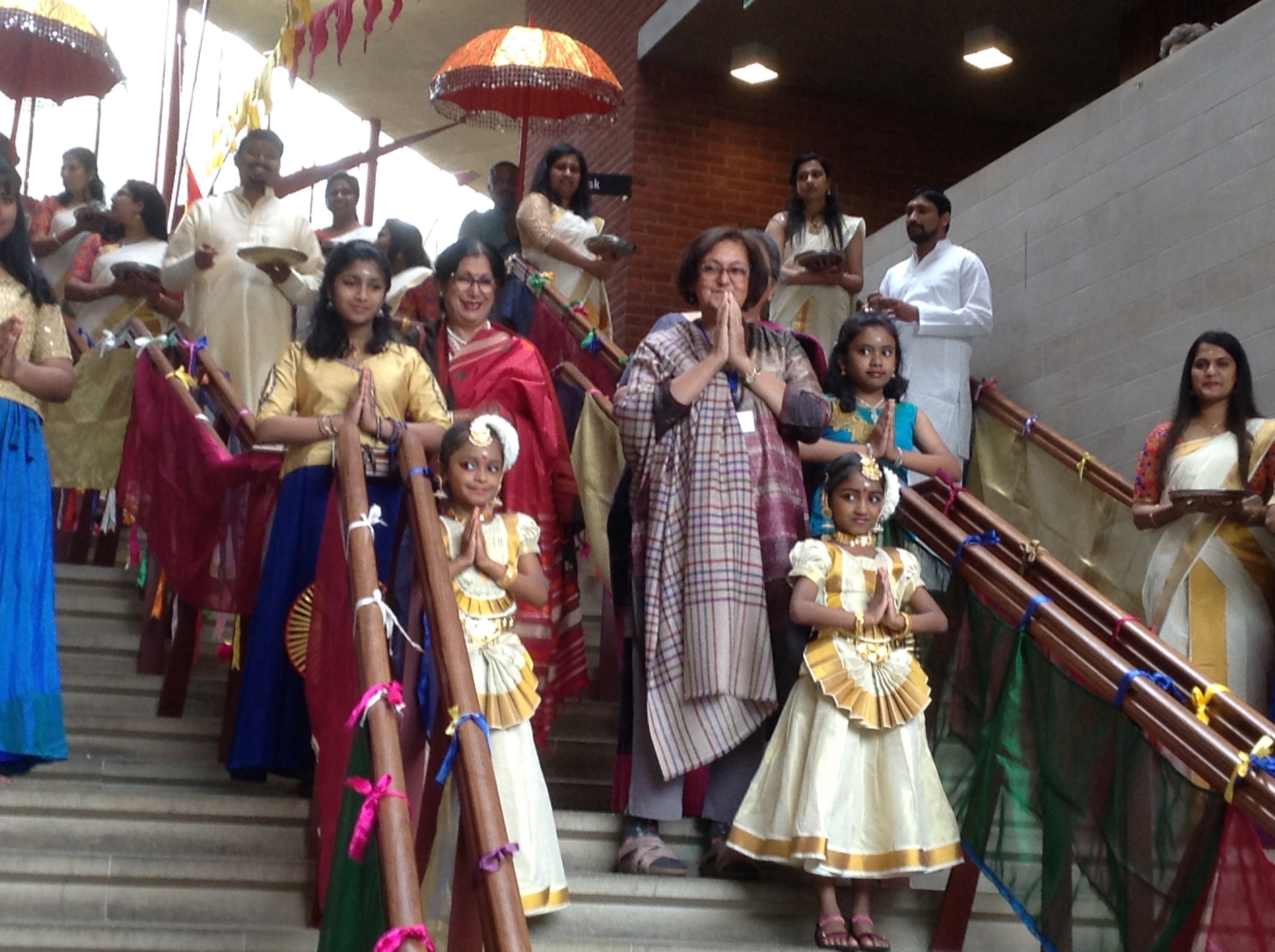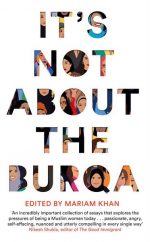reviewed by Nigel Collett
Two poets bestrode the cultural life of the Hindu and Muslim communities of India before Partition: for the Hindus, Rabindranath Tagore, the Bengali sage; for the Muslims, Allama Sir Muhammad Iqbal, a Punjabi Muslim of Kashmiri descent. Tagore won the Nobel Prize for literature, was knighted (though he returned his knighthood in disgust at British suppression of the Punjab Disturbances of 1919), founded a university at Santiniketan and remains internationally revered. Iqbal was also knighted and became a prominent Muslim politician. He is regarded as one of the founding fathers of Pakistan, a country where he remains deeply revered, but he has sunk largely into obscurity in India and in the wider world. Singaporean journalist and writer Zafar Anjum has written his biography to revive his memory.
Iqbal, who was born in 1877, is regarded by the few with the expertise to possess an understanding of the matter to be one of the greatest Muslim poets of all time. He wrote in Urdu, a lingua franca of India, and later mostly in Persian. This, coupled with the fact that he has not had the benefit of much good translation into English, has meant that his poetry remains inaccessible to most. The stilted nature of the little translation available makes it impossible to understand how his verse could reduce educated audiences to tears or could be sung in the streets by the common man.
It has also meant that Iqbal’s thought has long been similarly inaccessible, which is a loss to the student of history, for his thought, or his expression of the thought of like-minded thinkers, was formative in the development of Islamic consciousness in India between the wars and in the creation of Pakistan. Many of Iqbal’s views were, and remain today, inimical to western liberal minds. His creed of universalist Islam led by Nietzschean supermen can seem deeply unattractive. For Iqbal was no democrat. Both through temperament (he was revolted by what he saw as the corrupt materialism of western democracies) and through the political logic of the situation of his fellow Muslims, marooned as they were in a sea of Hinduism, he rejected systems of democratically-ordered nation-states.
A brilliant scholar from his youth, Iqbal spent the years 1904 to 1907 in Cambridge and Munich, taking at both doctorates in Persian metaphysics. He was particularly interested in the way in which Persian pre-Islamic thought had been absorbed by Arabic Islam and had thus found its way into the modern world. In Germany, he was much influenced by the ideas of the philosopher Friedrich Nietzsche, particularly the concept of the strong individual, the superman capable of bending fate to his will, an idea attractive to many at that time grappling with colonial oppression in their countries. Before returning home, Iqbal read for the bar at Lincoln’s Inn in London, so when he returned to Lahore he began life as a barrister, a profession in which he had little interest and in which he was to prove only sporadically, and certainly not financially, successful.
Before leaving India, Iqbal had been a supporter of nationalist movements against British rule, but his studies in Europe altered his thinking and he came to see Islam itself as the nation, a universal brotherhood of mankind in which modern nation states and the narrow nationalism they fostered should have no place. He also believed that Islam had been oppressed throughout the globe by the colonial powers and that Muslims should not live under any rule foreign to their faith. From his return to India this placed him in the camp of those who rejected independence under a Hindu-majority government. Initially, he postulated some form of Islamic state based upon the faithful wherever they were within India, but this poetic impracticality led inexorably to his support of the geographical partition of the country. He did not invent the concept of Pakistan, but he was one of its earliest supporters.
His poetry and his views drew him into politics, and in 1926 he was elected to the Punjab Legislative Assembly, where he made little mark and from which he resigned after a few years. His influence in the Muslim League belied his lack of much bent for practical politics and led in 1931 to invitations to the second and third Round Table Conferences called to London by the British Government to discuss the future of India. Though he attended, he proved to be a mostly silent and unimpressive delegate. On return to India, and by now largely impoverished, he became a pensioner of the Nawab of Bhopal and died of heart disease in 1938.
Zafar Anjum delineates Iqbal’s career sparingly. His is not a major work of research, rather a biography that relies on published secondary sources. The sensible, balanced tone he adopts allows the author to reveal the esteem and affection in which he holds Iqbal the man and writer while avoiding hyperbole. That is not something that can be said of the blurb the publishers have elected to place on the dust jacket of the book. This, by Indian novelist Tabish Khair, credits Iqbal with being a Muslim combination of Swami Vivekananda (the great 19-century Hindu thinker), Nehru and Tagore—man and superman indeed. The book has defects: unaccountably it lacks an index; some of the footnotes repeat the text; every sentence of the book is annoyingly written in the present tense, a literary tick that adds nothing to the vividness of the writing.
Zafar Anjum draws valid parallels between the Islamic disarray of Iqbal’s day and what he sees as the oppressed state of Islam worldwide in the present. His exposition of Iqbal’s thinking gives rise to similarly uncomfortable thoughts. The idealistic rejection of the nation-state and the insistence upon the universality of Islam helped lead to Indian Partition in 1947 and has been a feature of the politics of the Islamic world ever since, from the seemingly insane (to the West) schemes of Arab unification followed by the likes of Muammar Gadaffi to ISIS’s dreams of a new caliphate today.
The idealization of the strong leader has scarred the Muslim world with dictatorships and military strongmen from the Maghreb to the East Indies. Neither strand of thinking, it seems, has made Islamic states able to function as democracies, nor allowed them to fit comfortably within the world order. Iqbal was a straw in the wind here, one Zafar Anjum lays bare, and this biography is not only a useful account of a great artist but also a door into some of the thinking that still drives the tides in the Muslim world of today.
Nigel Collett is the author of The Butcher of Amritsar: Brigadier-General Reginald Dyer. His latest book, Firelight of a Different Colour, about Hong Kong actor Leslie Cheung, has just been published.
Iqbal: The Life of a Poet, Philosopher and Politician by Zafar Anjum is published by Random House India, November 2014
This review was first published in The Asian Review of Books on 21 November 2014


